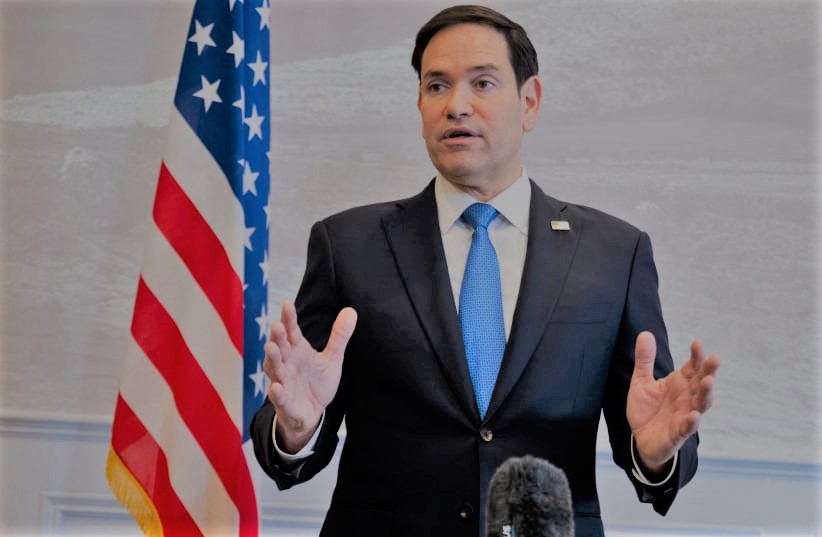In a sharp message to Washington, China has asked President Donald Trump to tone down the pressure and return to the negotiating table with respect and equality. The statement came after Trump pointed fingers at Beijing once again, insisting that it’s up to China to take the first step to end the ongoing trade war.
“If the U.S. truly wants to talk, it needs to stop using threats and extreme pressure,” said Chinese Foreign Ministry spokesperson Lin Jian. “China doesn’t want a trade war, but we’re not afraid of one either.”
The tension is more than just talk. This year alone, Trump has slapped a jaw-dropping 145% in tariffs on many Chinese goods — a steep escalation that comes on top of older tariffs. Initially, the U.S. cited China’s alleged connection to the fentanyl supply chain as a reason for the first round of tariffs. But it didn’t stop there. Another wave — 125% — followed, targeting what Washington calls “unfair trade practices.”
Some products, like smartphones and laptops, have been temporarily spared. But most other goods haven’t been so lucky. The White House maintains that it’s Beijing’s move now. “China needs to make a deal with us. We don’t need to make a deal with them,” Press Secretary Karoline Leavitt said, reading Trump’s message.
Despite the trade war, China’s economy surprised analysts by growing 5.4% in the first quarter. Experts say Chinese companies rushed shipments out before the newest round of tariffs could hit.
But economists warn this tension isn’t without consequences. “As the trade conflict deepens, it’s likely to slow global investment and shake up supply chains,” said Heron Lim from Moody’s Analytics.
Meanwhile, other countries are watching the drama unfold — and protecting their own interests. Japan’s trade envoy expressed hope for a “win-win” solution, while South Korea’s finance minister is preparing for talks aimed at preventing new reciprocal tariffs from hitting Korean businesses.
Even automakers are reacting. Honda announced it’s moving some hybrid car production from Japan to the U.S., though the company says the move is based on long-standing policy, not just tariffs.
Still, the uncertainty is spreading. Tech stocks across Asia fell after Nvidia revealed that new U.S. licensing rules could cost them $5.5 billion — mostly because of restrictions on sales to China.
And the pressure keeps growing. This week, Trump also launched a new probe that could lead to tariffs on critical minerals and rare-earth products — items used in everything from phones to electric cars.
In short: the trade war is heating up, and everyone — from world leaders to tech CEOs — is feeling the burn.




